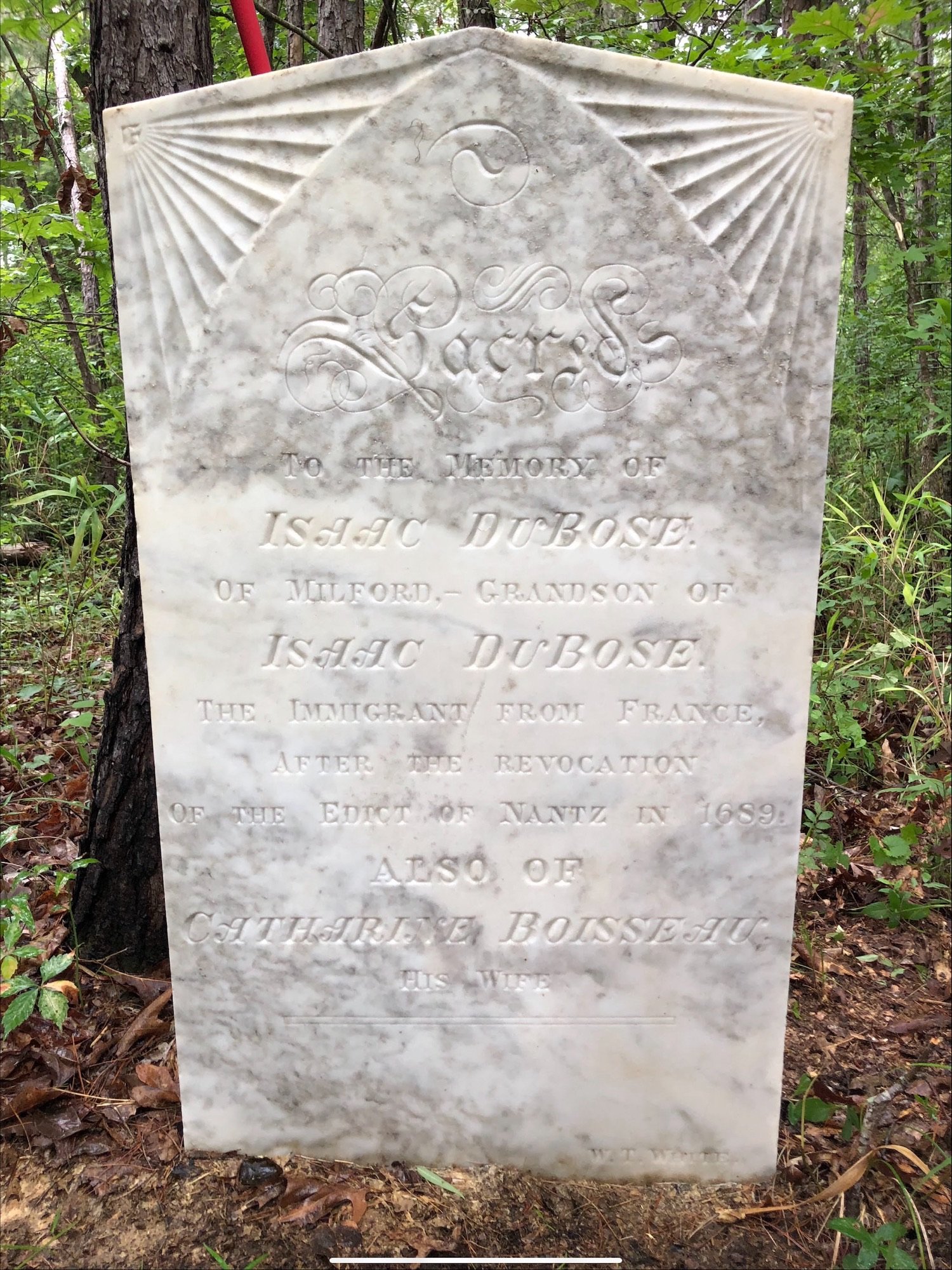What’s all this “nantz” sense about?
At headquarters we are known for our “rabbit holes.” What are these? As we come across interesting bits of history related to our overall Huguenot studies, we can chase down a rabbit hole of research to solve any mystery or little-known fact we may find. All the work leads to a richer understanding of the Huguenots and their stories.
The latest chase was “Nantz” vs. “Nantes” as the proper spelling when referring to the Edict of Nantes and the location in France. Any current map or quick internet search will provide “Nantes” as the proper spelling. The current Brittanica online provides “Nantes derives its name from the Namnètes, a Gallic tribe who made it their capital. It became a commercial centre under the Romans. The Normans, after pillaging the town, occupied it from 834 to 936.”
Which bring us to our digging a rabbit hole…
The Encyclopedia Brittanica of 1797 refers to the Edict as the “edict of Nantz” in its description of the word Refugees as a term first applied to the French Protestants.
In Charleston, we find the use of “Nantz” in several places. The French Protestant (Huguenot) Church displays it on the memorial to ISAAC MAZYCK, and his sons, ISAAC and PAUL MAZYCK and the memorial to LOUIS GOURDIN. At the Wambaw Brick Church, there is a lovely monument to Daniel Huger which references the “Edict of Nantz” and further up in Berkeley, the headstone of Isaac DuBose has the same reference to “Edict of Nantz.” In the churches and churchyards of the Lowcountry you will find both “Nantz” and “Nantes.” Why both? One might ask.
Daniel Huger monument, Wambaw Brick Church, Old Georgetown Road, McClellanville, SC
In the account of his life Peter Horry writes “My Grand Uncle Horry, when the Edict of Nantz was in full force was with a Detachment of the French army in Flanders, but after when the effects of the Prosecution had greatly abated, he returned to Paris, and married a Protestant woman…”
When Rev. Vedder delivered a poem to the French Protestant (Huguenot) Church in 1889, the spelling throughout the writing is “Nantz.” (See Transactions of The Huguenot Society of South Carolina, 1889.)
There is a lithograph of 1788 “Ports of Marseilles and Nantz, France.” We also find “Nantz” used in letters of the Admiralty of Great Britain in 1799. (See The Naval Chronicle - Volume 1, James Stanier Clarke, Stephen Jones, John Jones · 1799, Page 530).
Most interesting was an article from the South Carolina Gazette and General Advertiser 1783 which published letters captured from The Ranger which departed “Nantz” and when seized was brought into New York. On board were found letters from gentlemen in France to persons on the continent dated Dec. 5, 1782 from Nantz. Messrs. Gerard and Ravenel are mentioned as “now at London, deputed from the Court of Versailles.” A second letter of December 7, 1782 also from Nantz, references the delay in goods departing to America. A third letter dated December 9, 1782 from Nantz details the state of peace negotiations and mentions Messrs. Franklin, Jay, Adams and Laurens as "representatives from the “United States.” How interested we were to find use of “Nantz” in these early Charleston clippings as well as mention of Huguenot descendants Gerard, Ravenel, Jay and Laurens. (See South-Carolina Gazette and General Advertiser, April 1, 1783 - page 1.)
Isaac DuBose Headstone, Upper Berkeley, SC
The list of examples of “Nantz” could go on and on as we have identified many references to Nantz in government, religious and private papers. It would seem the use of “Nantz” was accepted as a suitable spelling among learned sources in Great Britain and the Colonies, later United States. But why?
We turn now to a French grammar book entitled “A French Grammar for the use of English Students” of 1824. This book provides “Nantes” as the French “substantif masqueline, and ville” for the word. And the English translation as “Nantz.” Also, it provides a Nantais is an inhabitant of Nantz. (See A French Grammar for the use of English students, I. V. DOUVILLE, 1824, pg. 257.) In Green's Dictionary of Slang Nantes is defined as "nantz n. also nantes, nants, nantzy [proper name Nantes in France, a centre of cognac production]." According to Green's "a dram of Nantz" would be a dram of cognac. Green provides numerous literary references to Nantz meaning cognac. (See Green's Dictionary of Slang, Jonathon Green, 2024.)





